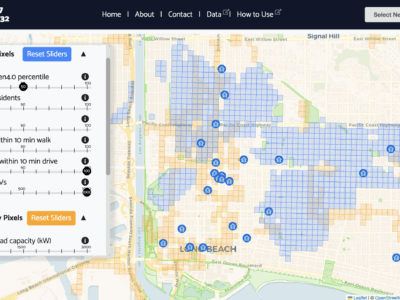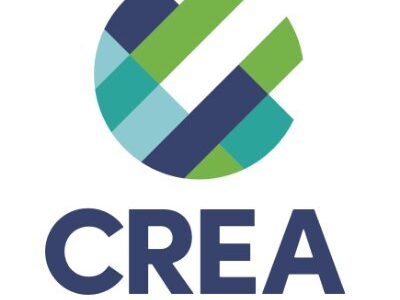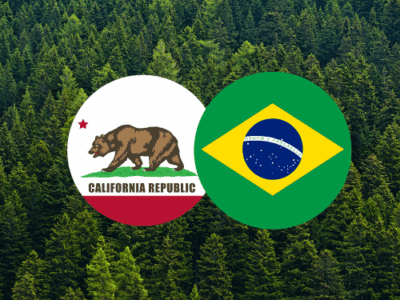Adapting to Increased Hurricane Risk
The WSJ reports that people in the Northeast are waking up and taking the same preparation steps that people in the Southeast have taken for decades to prepare for hurricanes. Such defensive expenditures help to stimulate our sluggish economy (I’ve read my Keynes) and shield the populace from the next disaster shock.
“Zevan Cohen, a 40-year-old in Millburn, N.J., had an electrician install a $1,200 generator in his home last week. He lived through Irene in August 2011, when his basement filled with six feet of water, and Sandy in October 2012, when he lost power for 12 days. After last year’s storm, he says his two children, ages 7 and 11, were getting “shuffled around every night” as the family stayed with friends and other family members. Mr. Cohen says he intended to purchase a generator after Irene, but never got around to it. After Sandy, and with the 2013 hurricane season starting up, he decided to be proactive.
Mr. Cohen says he installed the generator mainly to run the furnace, in case a storm hits again in cold weather. “After Sandy the temperatures really dropped and pipes freezing in the house became a concern,” he says. “Also, it’s for peace of mind, just knowing that the outlets will work and I’ll be able to run a few things in my house.” Home Depot, the big home-improvement chain, has added hurricane-preparation workshops in places like Staten Island, N.Y., and the New Jersey shore to help people understand basic issues like how to choose the right generator, says Tony Lemma, Home Depot’s regional vice president for the New York metro area.”
So note the last sentence of the quote. Demand creates supply! Such “smallball” investments represent leading examples of how we are shielding ourselves from climate change’s impacts. Note that Mr. Cohen is able to form an expectation of future natural disaster risk and to use free markets to protect his family. What percentage of people in the Northeast are like Mr. Cohen? The typical “doom and gloomer” embraces a behavioral economics worldview and asserts that the answer is “close to 0%”.







Reader Comments